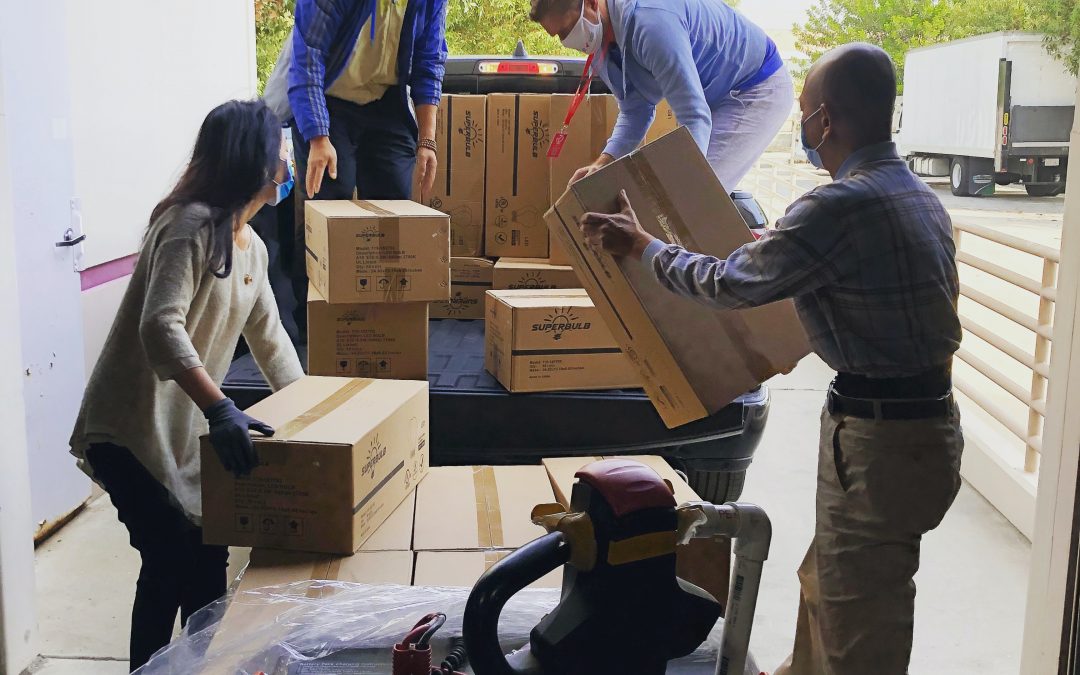What do you do when your family outgrows your house, or when the quirks of the place you once found charming aren’t so charming anymore?
Is it smarter to move or improve? Here’s some advice to help you decide.
Selling Has Gotten Easier
Existing-home sales were at their highest levels since 2006, and the median home price recently hit $197,100.
Right now, it’s taking just over two months, on average, for homes to sell. If you’ve been holding back on selling waiting for the real estate market to recover, you may find it’s recovered in your area.
As you prepare your home for sale, consider what homebuyers want right now. Hint: energy efficiency. Demonstrating that your home is weather-sealed is a great selling point.
Also, if you’re only up for a minimum amount of work, focus on curb appeal, which REALTORS® say is critical to attracting buyer attention; your kitchen (even tweaks can make a big difference); and pricing your home right. The offers will come.
- Take a look at homes for sale in your market to get an idea of what you can get for your money today.
- Check your credit report to make sure it’s accurate and up-to-date.
- Fix mistakes you find in your credit report.
- Get prequalified for a mortgage so you know how much you can spend.
- Ask your real estate agent to send you current listings from your target neighborhood.
Improving Has Gotten Pricier
During the economic slump, home improvement spending slowed, so contractors were willing to cut deals to stay busy. Today, they’re less willing to bargain on price and too busy to accept low-profit jobs.
In addition, the cost of construction materials may be going up. In a recent National Association of Home Builders survey:
- 81% of contractors were concerned about rising materials prices
- 65% were concerned about rising labor costs
As a general rule, improving costs less than trading up. But it depends on what kind of improvements you’re doing.
Figure paying somewhere between $100 to $200 and more per square foot for new construction or a major remodel, depending on the scope of the project and labor costs in your area.
Now more than ever you need to make sure that you invest your money wisely. In other words, will your $75,000 kitchen remodel increase your home value by $75,000 — or by anything close? Not likely. But at resale you may be able to recoup some of your remodeling costs.
To assess what’s right for your particular house, let your neighborhood be your guide. If there’s any chance you’ll move within the next 10 years, keep your improvements in line with those of other houses on your block, or risk losing the money when you sell. Of course, don’t discount your enjoyment factor. If it’ll make you happy to install an in-ground pool in a neighborhood without pools, go for it.
Critical Considerations
Your house isn’t just your largest investment, of course, it’s also the place where your family lives. Financial considerations aside, the question of whether to move or improve should be decided by the things you can’t change about your current home:
- School district
- The amount of traffic on your street
- Size and layout of your yard
- Commute time
- Access to markets and malls
- Neighborhood quality of life
If you love the spot, improving makes sense. But if a different location would be an improvement in its own right, then trading up could be the way to go.

